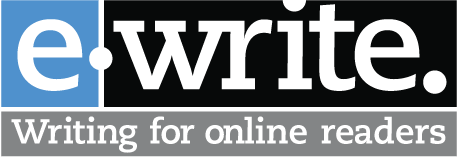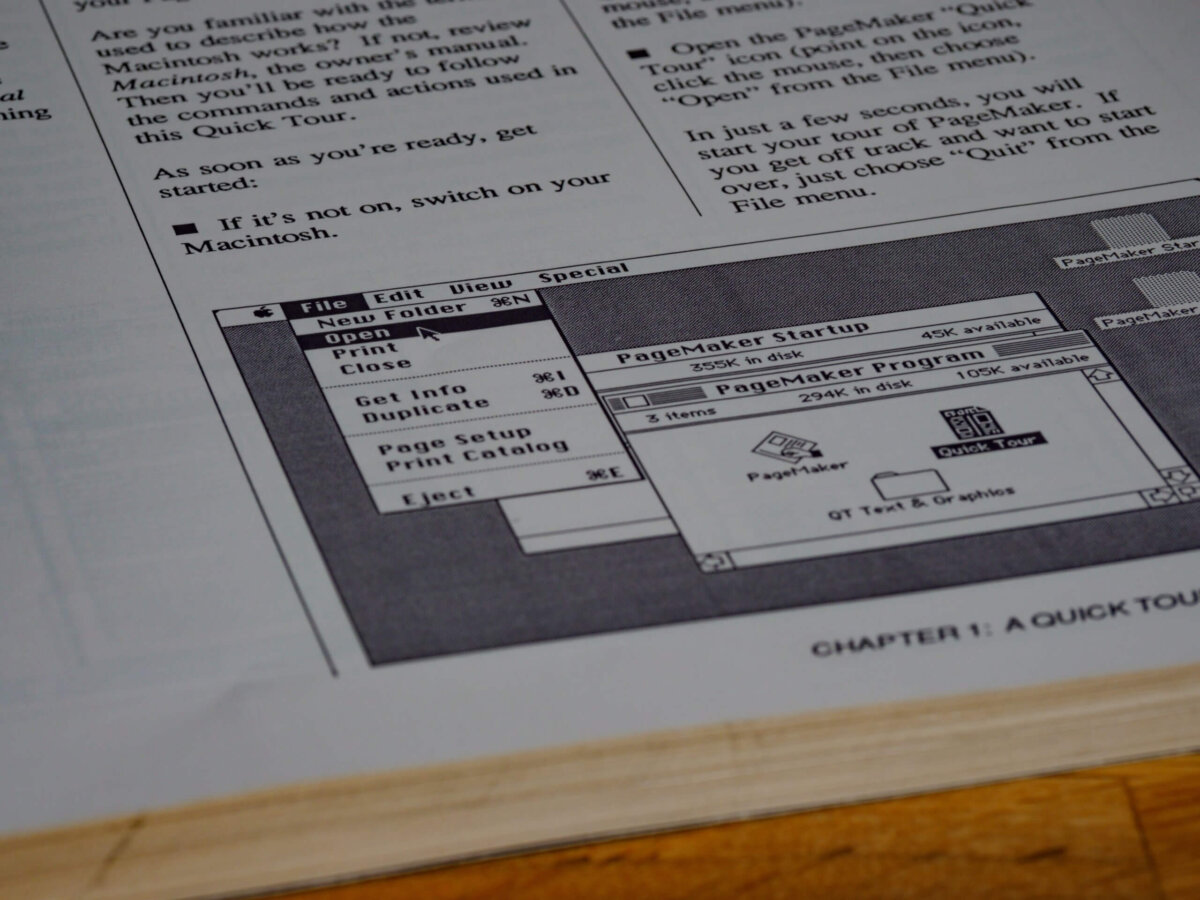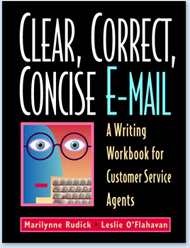Want to know how not to write a subject line, especially in customer service e-mail? Read the e-mail, below. I’d just sent Academic Superstore (which sells deeply discounted software to teachers and students) this e-mail question: “I’d like to buy InDesign for my daughter who is in 11th grade. What proof do you need of her eligibility to purchase the software at the special academic discount?”
Here’s the answer:
From: Academic Superstore [id@academicsuperstore.com]
To: leslie@ewriteonline.com
Subject: Academic Superstore
Thank you for your interest in Academic Superstore! To establish eligibility with us, please place your order FIRST either via our website www.AcademicSuperstore.com or by phone at 800-817-2347. When your order is complete, you will be provided with an order number. The SECOND step is to scan and email or fax your proof of academic eligibility to our Eligibility Department for review. You can do this by scanning or taking a digital picture and emailing to ID@AcademicSuperstore.com, or faxing to 866-947-4525.
Forms of acceptable proof of eligibility include (but are not limited to):
- Currently dated student or faculty ID
- Current course schedule or tuition/fee receipt
- Recent Report Card (K-12 Students)
- [Four more forms of proof omitted here …]
It typically takes the Eligibility Department 3-6 hours to process eligibility, and if you’re placing an order with 2nd Day or Next Day Air, we strongly advise that you place your order by phone.
Regards,
Academic Superstore
Overall, this is a B- or C+ e-mail:
- It answers my question about proof. (A recent report card will do.)
- It anticipates the other questions I’m likely to ask. (Which comes first – eligibility or purchase?)
- It’s adequately upbeat (Thank you for your interest in Academic Superstore!) and polite (Regards).
But the subject line earns a failing grade. Because it contains nothing more than the name of the retailer (which also appears in the from line), this subject line fails to help the reader do e-mail triage. When faced with crowded inboxes, readers want to “sort the wounded.” To do so, they rely on the subject line to help them answer three essential questions:
- What is this e-mail about?
- When should I read it?
- Do I have to read this e-mail at all?
The Academic Superstore subject line fails on all three counts:
- I can’t tell that the e-mail is about how to prove eligibility.
- I have no sense about whether the e-mail is time sensitive. I can’t tell, for example, whether proof of eligibility is required within 24 hours of purchase.
- I’m more likely to make the wrong decision and skip or delete this e-mail because the subject line fails to help me understand that this is an answer to my question. In fact, the subject line could easily cause me to mistake this customer service e-mail for a marketing piece. If I delete this e-mail without reading it, I’m likely to call Academic Superstore to ask about how to prove eligibility, thereby causing their customer service department to interact with me twice. I’ll be costing them money!
So what should the subject line be? How about Proving Eligibility for Academic Superstore Discount. How would you rewrite the subject line? Post your revised subject line as a comment or send it to me and I’ll post it for you.
— Leslie O’Flahavan
Tags: Customer service e-mail, E-mail, Subject line






These comments are posted on behalf of Colleen Blessing who sent me “Alternative subject lines for Writing Matters example”
— Answer to your question—proof of academic eligibility
— Answer from Academic Superstore—re academic eligibility
— Response from Academic Superstore—proving academic eligibility
Leslie, It seems they have a standard response email that answers a number of questions. Customizing the subject line for each question would take them a lot more time. They probably figure that, if you asked them a question, you would be watching for something identified as being from them. They figured their company name was enough. I personally love customized subject lines and try hard at work to have my subjects be specific and clear.
We also could brainstorm *worse* subject lines for your example! How about:
— Blank
— We received your question (but no context)
— Answer to your question
— Question #3954753
— Important information for you
My proposed revision:
Subject: Your question answered: Academic discount eligibility
(This is very much in line with what I see Colleen suggests above).
I’ve played with a bunch of lead-ins (“Email inquiry response” isn’t bad, but it’s a little formal). They take space, but I want the subject line to communicate that this is directly in response to a question you posed. Another fun way to do this is to pretend that this email is literally a response to your question.
Subject: Re: I’d like to buy InDesign for my daughter who…
Of course, the words aren’t as meaningful as “Academic discount eligibility,” but they’re YOURS. So, coupled with the Re:, they might trigger the right neurons during the email triage process. This is also something that can be autopopulated.
Subject lines that have a generic business name like “Academic Superstore” make the mail look like spam. If their ERMS (email response management system) is really so primitive as to only support
a generic subject line, at least make it “Email inquiry response from Academic Superstore”) This looks spammish, too, but at least it might
help one remember the question posed a day or two prior.
Cheers,
David